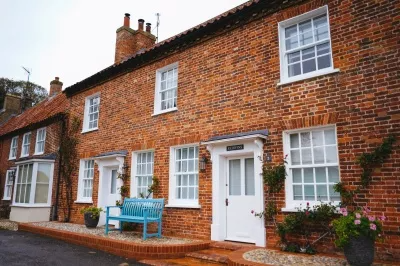Good news for shared ownership lessees
Earlier this summer Mark Loveday of Tanfield Chambers was successful in the Court of Appeal on a key point which could affect hundreds of thousands of existing shared ownership lessees and more in the future.
The case of Avon Ground Rents v Canary Gateway concerned the lessees of Canary Gateway and their lengthy attempt to take over the management of their building using the Right to Manage process. They started their claim in 2019 pre covid and several First Tier Tribunal and Upper Tribunal decisions later found themselves in the Court of Appeal on this specific point.









